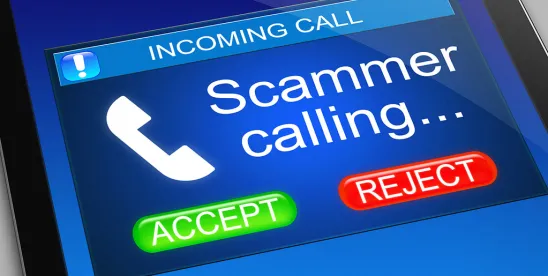The Seventh Circuit has reversed a lower court’s decision to dismiss a lawsuit against Federal Insurance Company and a health insurance technology company for unauthorized robocalls soliciting the sale of health insurance. The court emphasized that the complaint, which alleged the two companies were vicariously liable for the calls, pled sufficient detail to move forward.
In 2019, Christopher Bilek received two unauthorized robocalls advertising Federal Insurance Company’s health insurance. Bilek sued Federal and Health Insurance Innovations, the company Federal contracted with to sell its insurance, alleging that he did not consent to either call and both used a prerecorded voice in violation of Telephone Consumer Protection Act and Illinois Automatic Telephone Dialing Act. Bilek alleged the companies were liable under a theory of actual and apparent authority because both ratified the robocalling. To support his claims, Bilek alleged Federal authorized the use of its tradename, approved scripts, and permitted the use of proprietary information. Health Insurance Innovations provided the scripts to lead generators and emailed quotes to call recipients.
The defendants moved to dismiss the complaint, arguing that Bilek failed to plausibly allege an agency relationship. The district court agreed with the defendants and held that the complaint lacked allegations regarding the defendants’ control over the robocalls. It also determined the complaint failed to allege that the defendants received a benefit from the unauthorized calling.
The Seventh Circuit reversed. It found the pleadings sufficient under the federal pleading standard articulated in Twombly and Iqbal, where a claim is plausible if a plaintiff “pleads factual content that allows the court to draw the reasonable inference that the defendant is liable for the misconduct alleged.” Ashcroft v. Iqbal, 556 U.S. 662, 678 (2009). Drawing on its own precedent, the Seventh Circuit found that Twombly and Iqbal require the plaintiff to provide some specific facts to support the legal claims asserted in the complaint. From that, the court concluded that while the required level of specificity “‘is not easily quantified’, a plaintiff need only allege ‘enough details about the subject-matter of the case to present a story that holds together.’” The court refused, therefore, to dissect each of the three agency theories alleged against the insurer since a motion to dismiss “doesn’t permit piecemeal dismissal of parts of claims.” The court limited its inquiry to whether the complaint included sufficient factual allegations to state a plausible claim for relief. Viewing the allegations in the light most favorable to Bilek, the court determined that the complaint alleged enough to support an agency relationship.
This decision is a timely reminder that federal court plaintiffs are not required to prove their cases through their complaint, an improper standard that has been wrongly applied in the COVID-19 business interruption litigation. A motion to dismiss should do no more than test the sufficiency of the complaint. It is not intended to decide the merits.





 />i
/>i
